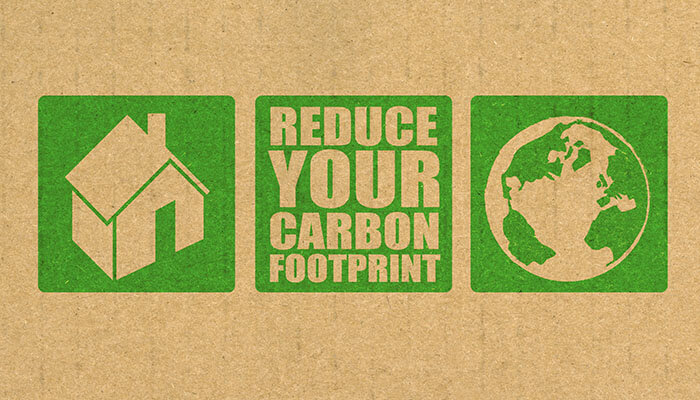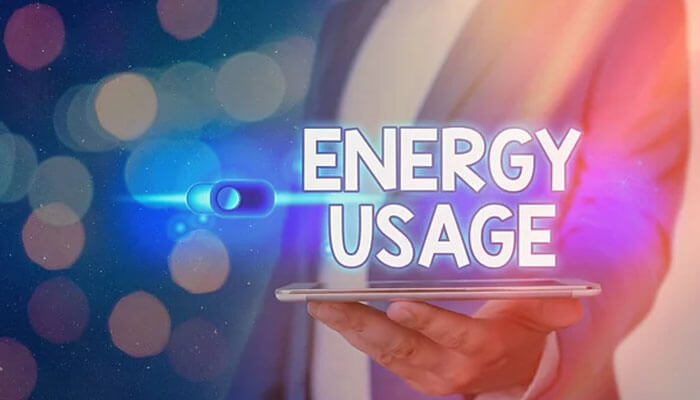What is your carbon footprint?
Carbon footprint is the greenhouse gas emissions for the business. It includes methane and carbon dioxide gases affecting the manufacturing processes. Carbon represents all the greenhouse gases contributing to global warming.
8 Effective ways to reduce your carbon footprint for your business
1. Reduce air travel
Companies opting to travel less can help reduce the carbon footprint of their business. Using software programs such as Skype and Zoom helps businesses. Domestically, travel by train to reduce emissions. However, if you cannot avoid air travel at times, take an economy class. It is less comfortable but offers significant differences in emissions.
2. Backed by REGO certificates
REGO assures the energy origin supplies as renewably sourced 100%. You can mix renewable energy as workplace trends and contribute less to the carbon footprint.
Ensure the electricity emissions are zero as part of your net zero strategy.
3. Reduce road travel
Having your fleet is helpful. Install GPS tracking to get the usage of the fleet and make it efficient. Choose a fuel-efficient vehicle or alternative fuel. Government grants subsidies for the new low-emission vehicles cost. The EVs cost gives more subsidies to people installing at-home charge points. Make your business purposes fleet more efficient and greener. Identify opportunities to decrease fuel costs, emissions, and expenditures. Eco-driving techniques help reduce emissions and save fuel.
4. Reduce energy usage in an office
Set to higher temperature your office cooling systems to and increase cooling capacity. Ensure the data centers do not make unnecessary energy usage. Keep it optimum to 23°C, and save energy without overheating risk. 40% consumption of electricity in data centers is for IT pieces of equipment. Reorganize the aisles into cold or hot air containment systems and save 20 to 40% of annual cooling system energy. Install plastic curtains and limit energy usage.
5. Increase office lighting efficiency
Building with sustainable development options for energy efficiency and changing light can make a difference and ensure long-lasting effects. LED is a quick win, and using natural light helps. Ensure natural light to save energy and avoid health risks. Natural light improves sleep and elevates stress response. Ensure switching off lights using automatic motion sensors. Dimmable lights ensure bright light and reduce electricity costs. Many offices use paper in vast amounts, so try cutting down paper usage by reducing printing. Go with digitizing and avoid printing on paper.
6. Reduce food and food waste emissions
Food production and transportation take more energy. Food waste adds to carbon sources and avoids food waste collection. Ensure your kitchen staffs are aware of emissions. You provide proper dining, kitchen, and canteen for employees, besides looking into food waste apps. Provide employees with vegetarian food as a workplace trend and reduce the carbon footprint in your business.
7. Optimize cooling and heating systems
Ensure cooling and heating systems with correct timing as sustainable development. It reduces outside air temperatures. Keep the minimal temperature at night times. Avoid wasting energy by installing building management. Ensure staff training to avoid temperature swings and manually adjust the thermostat. Ensure regular service of boiler and operation efficiently. Clean the heating and cooling fins of the appliances. Install window film so that it allows reflecting heat in the summer. It offers the natural light benefit and prevents the need for air conditioning.
8. Keep single-use plastic to a minimum
Follow ways to keep the carbon footprint to a minimum for business purposes. Reduce plastic usage and remove all plastic items of single-use. Be cautious of compostable or biodegradable materials. Look for suitable alternatives and avoid using single-use plastics.




